Vocabulary enhancement Reading Non-Fiction Worksheets for Ages 5-7
12 filtered results
-
From - To
Enhance your child's vocabulary with our engaging Vocabulary Enhancement Reading Non-Fiction Worksheets, designed specifically for ages 5-7. These worksheets provide a fun and interactive way for young learners to explore non-fiction texts, helping them expand their word knowledge through diverse topics. Each worksheet includes captivating passages accompanied by activities that promote comprehension, critical thinking, and vocabulary development. Ideal for classroom or home use, our materials support foundational literacy skills while igniting curiosity about the world. Encourage your little ones to discover new words and meanings, making reading a rewarding adventure. Perfect for budding readers eager to learn more!
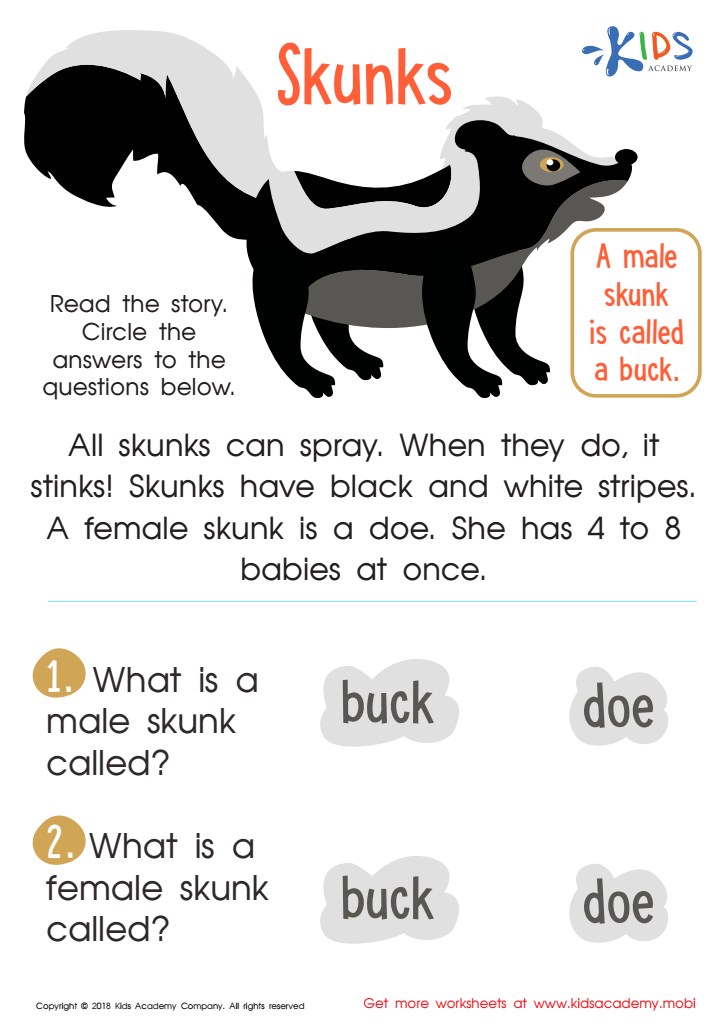

Skunks Worksheet
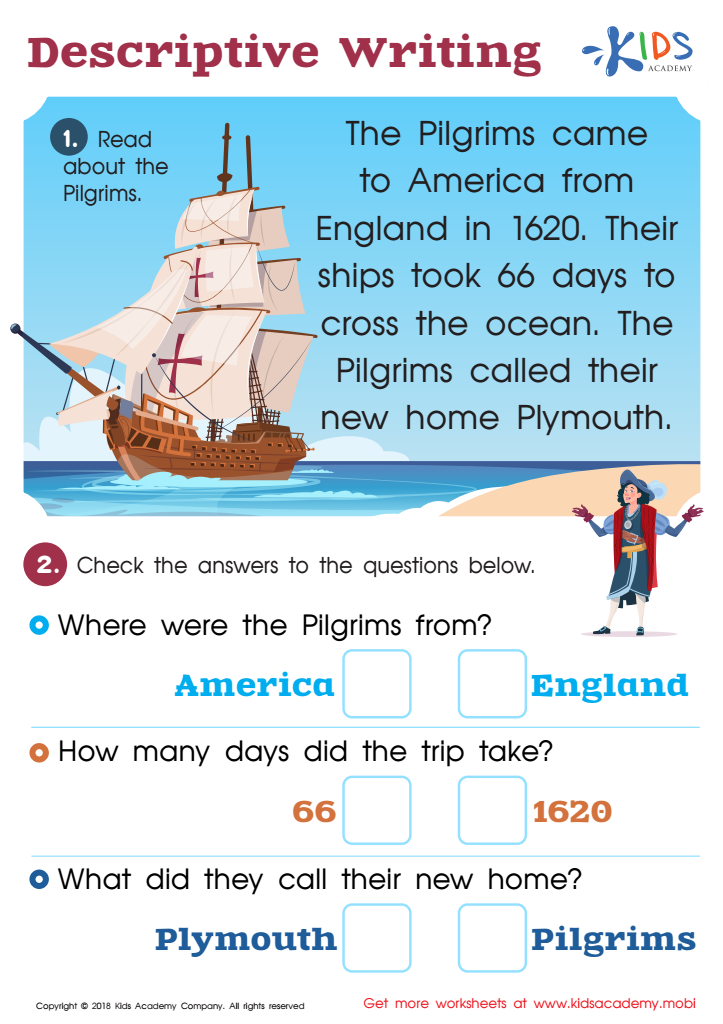

Descriptive Writing Worksheet: Part 1
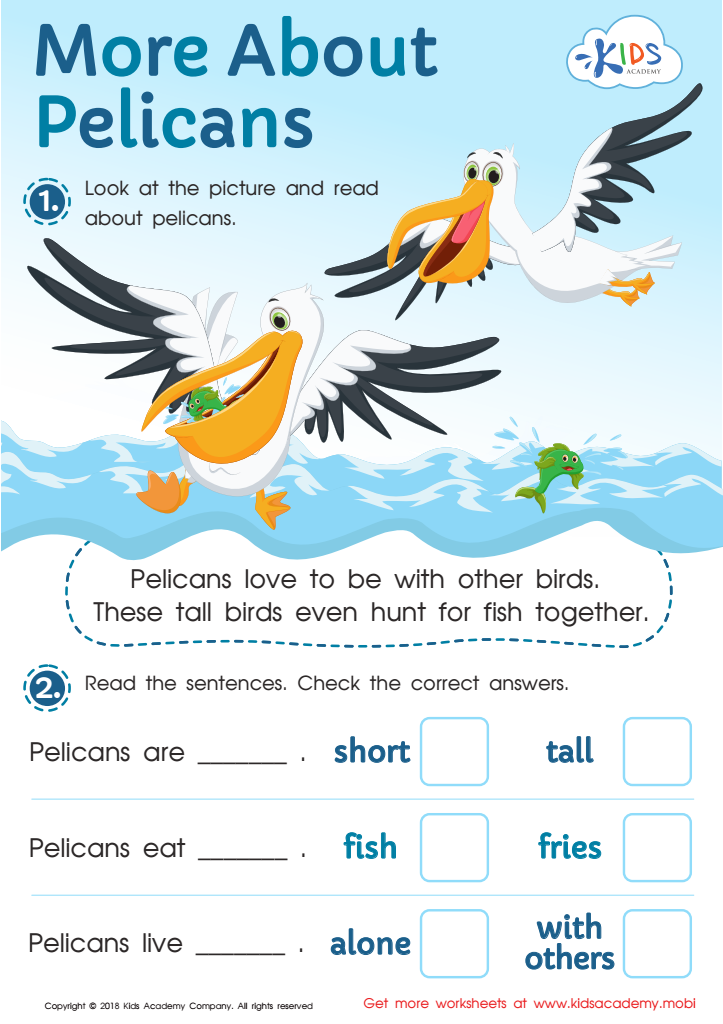

More About Pelicans Worksheet
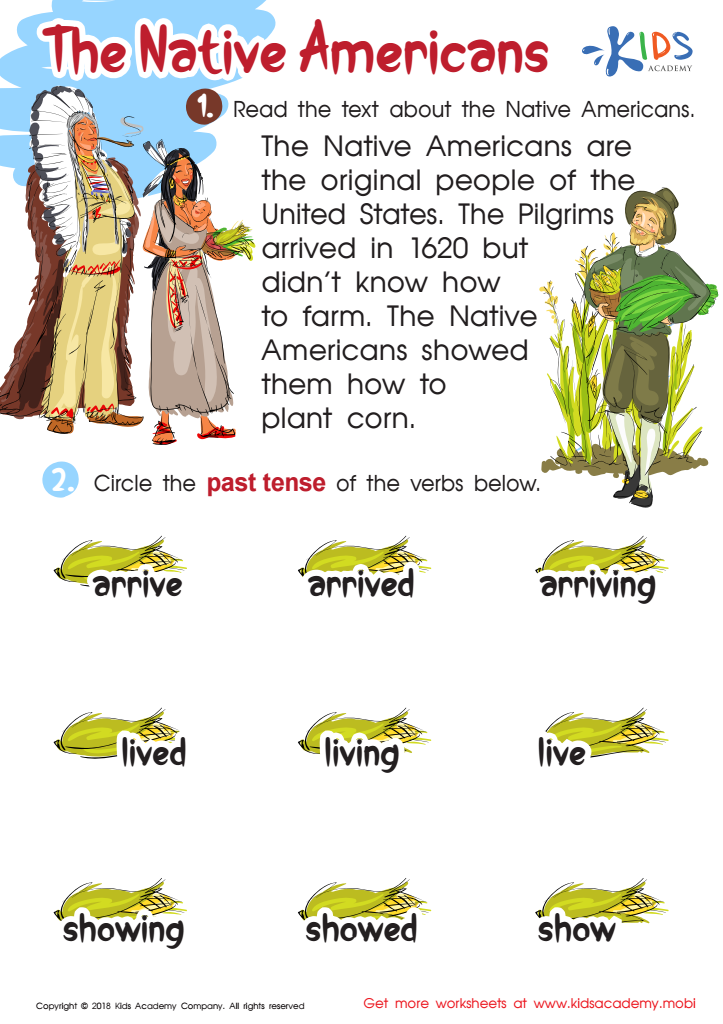

The Native Americans Worksheet
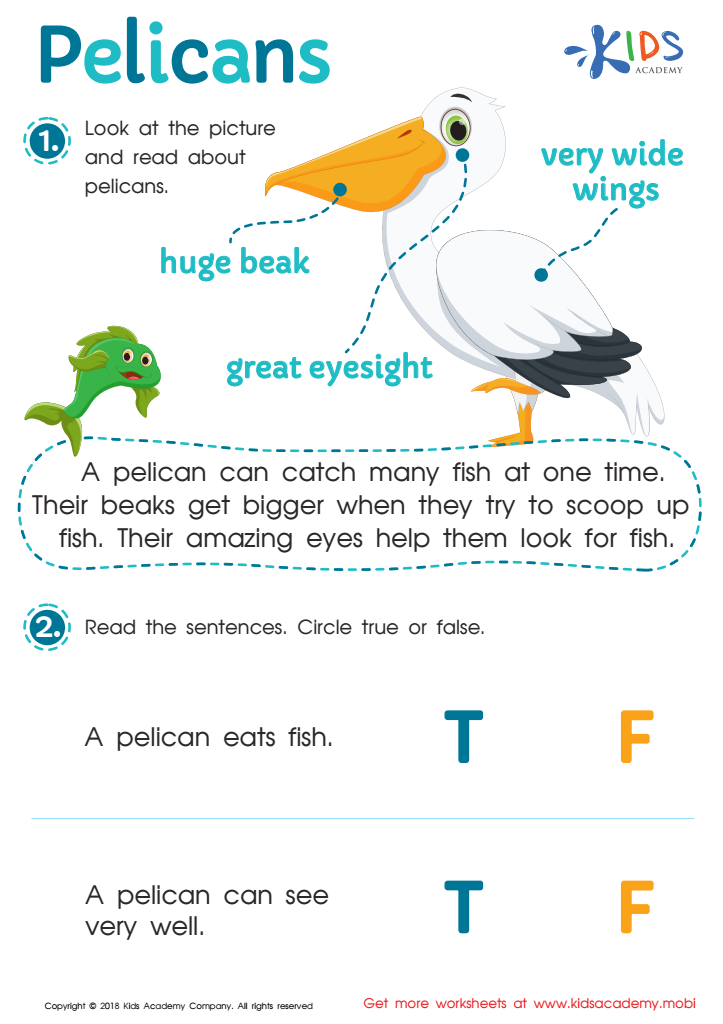

Pelicans Worksheet
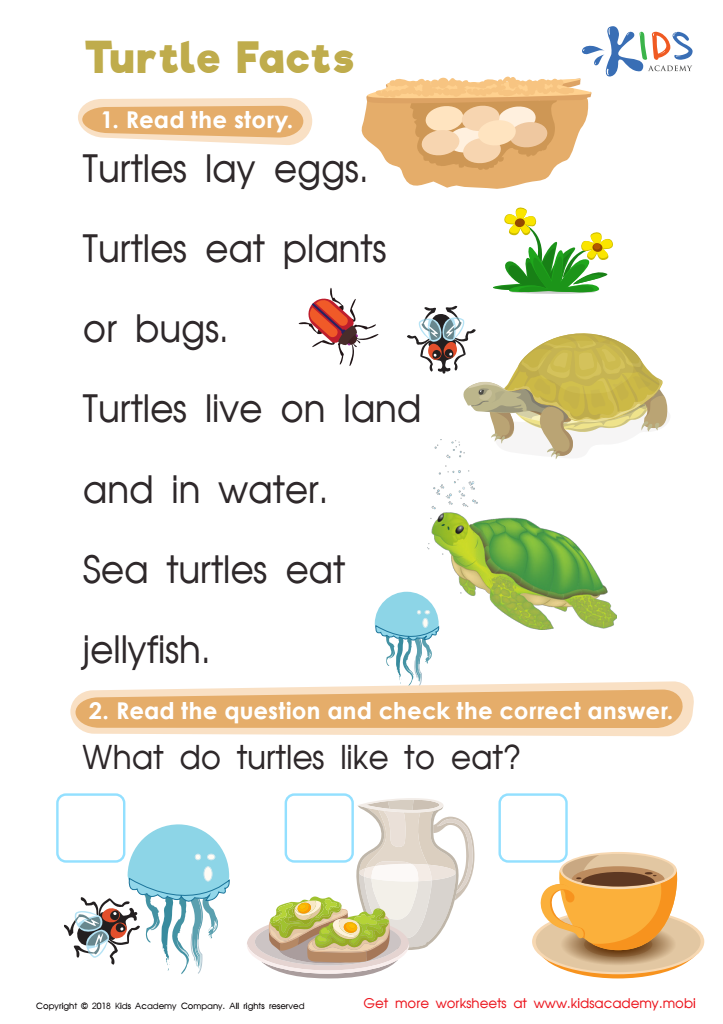

Turtle Facts Worksheet
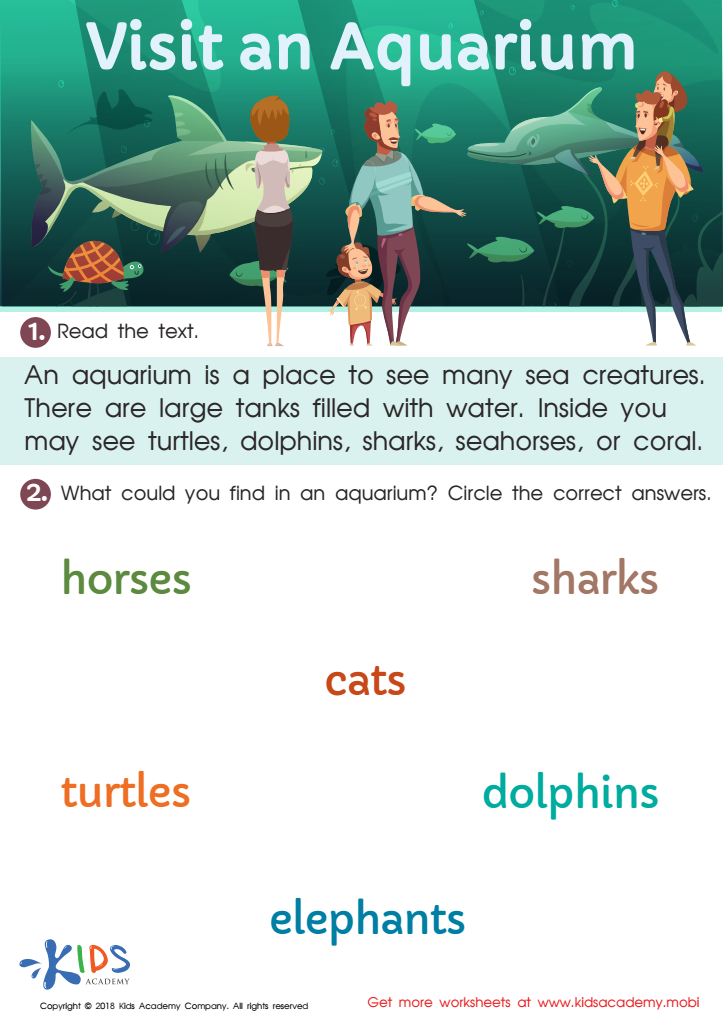

Visit an Aquarium Worksheet
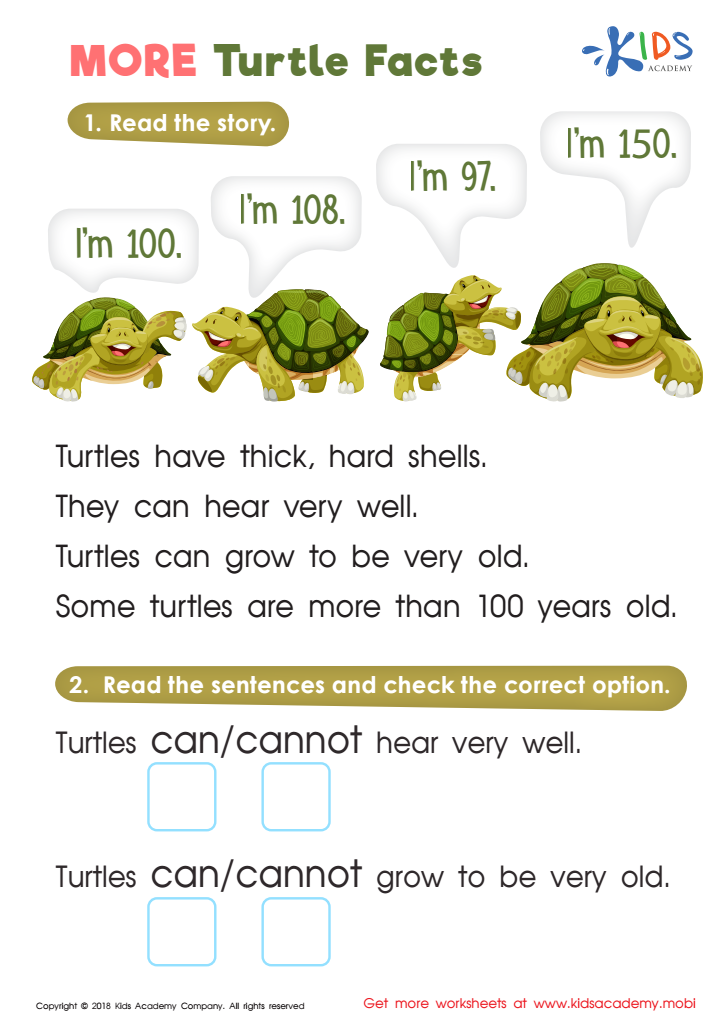

More Turtle Facts Worksheet
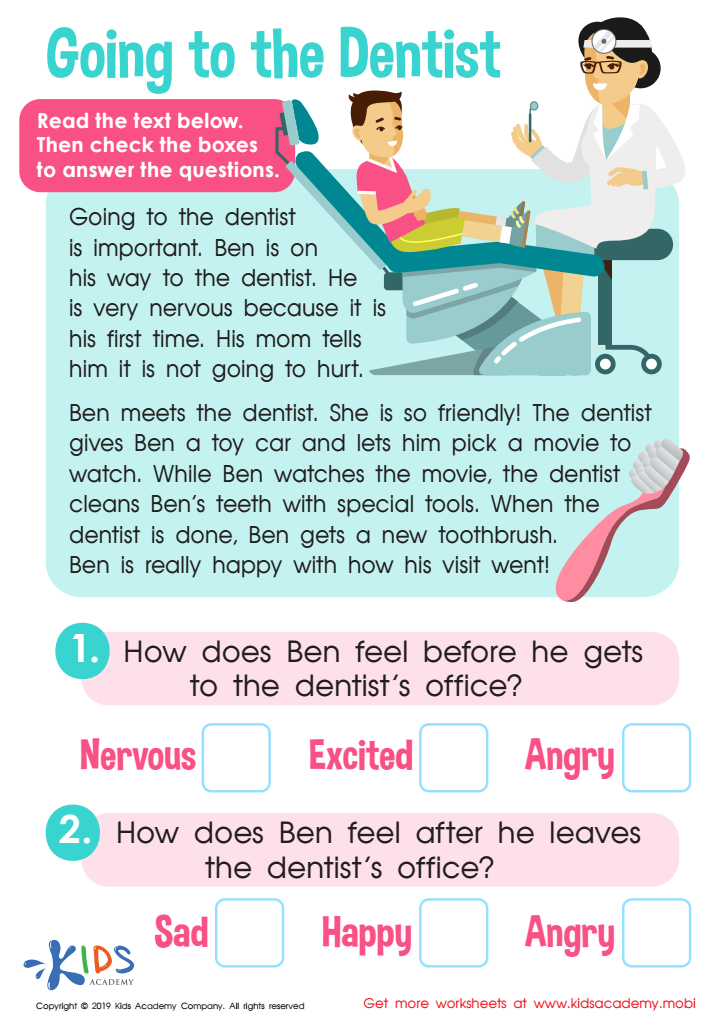

Going to the Dentist Worksheet
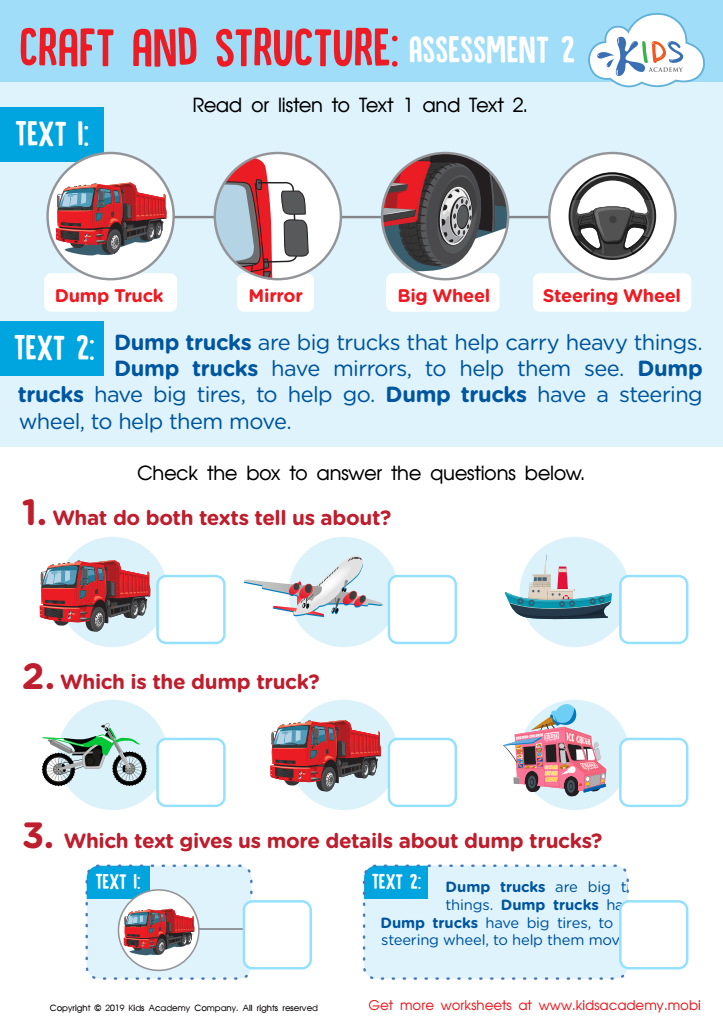

Craft and Structure: Assessment 2 Worksheet
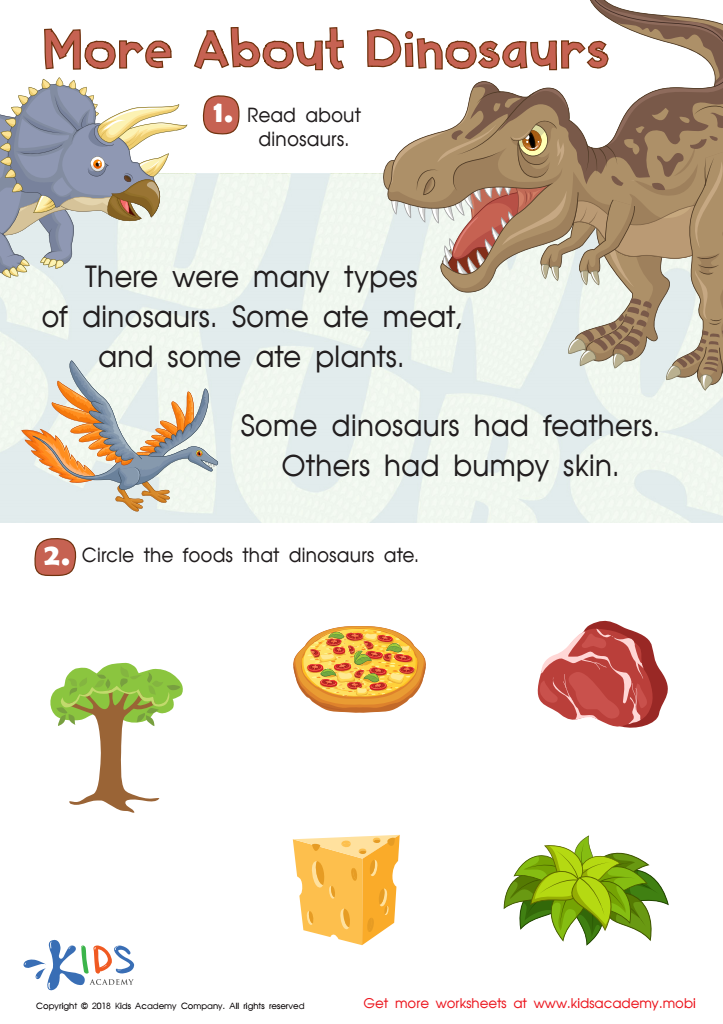

More About Dinosaurs Worksheet
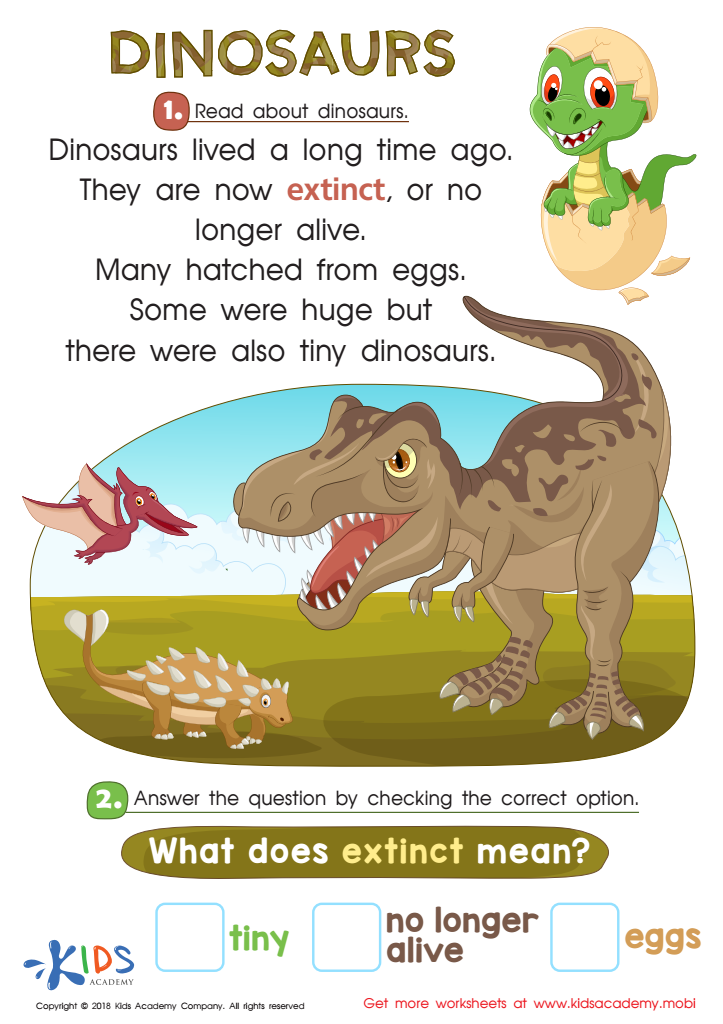

Dinosaurs Worksheet
Vocabulary enhancement through reading non-fiction is crucial for children aged 5-7, as it lays a strong foundation for their literacy and cognitive development. During these formative years, children are naturally curious and eager to learn about the world around them. Non-fiction texts provide rich, informative content that introduces them to new concepts, terminology, and factual information, fostering critical thinking skills.
By encouraging engagement with non-fiction, parents and teachers can help expand children's vocabulary beyond everyday conversation. This expansion is essential for improving their reading comprehension and writing abilities, as a strong vocabulary enables children to understand and articulate their thoughts more effectively. Exposure to varied topics in non-fiction also stimulates their imaginations and nurtures their interests, leading to a lifelong love of learning.
Moreover, comprehension of diverse vocabulary allows children to navigate different contexts as they grow, preparing them for academic success. Non-fiction reading also cultivates important skills such as analysis, synthesis, and evaluation, which are vital for future learning. In summary, investing time and effort into vocabulary enhancement through reading non-fiction not only enriches children's language skills but also supports their overall development, setting a path towards successful lifelong learning.

 Assign to My Students
Assign to My Students





















